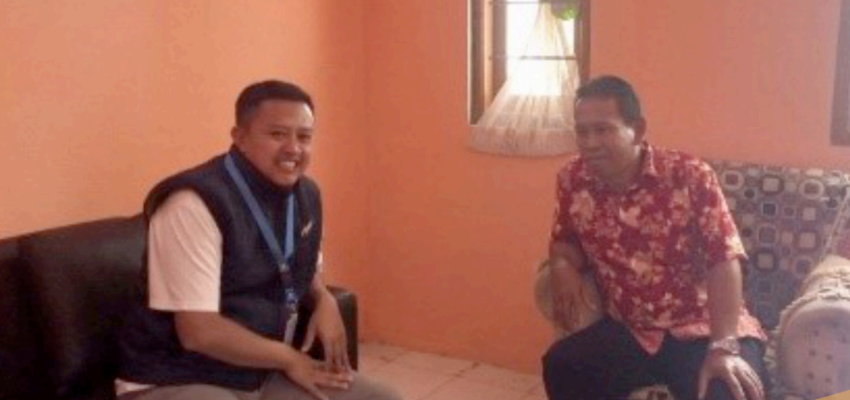INDUSTRY: Copper smelting and refining
OBJECTIVE: The purpose of this social mapping is to:
The objectives of this social mapping are:
1. To map actors (stakeholders) and networks of relationships between actors consisting of individuals, groups, and
organizations.
2. To identify mechanisms/forums that serve as a means for the community to discuss public interests.
3. To describe the social position and social roles of various actors in community life, including Analysis of the degree of power and interests of stakeholders
4. Describing the potential for sustainable livelihoods, including human resource potential, natural resource potential, social capital, financial capital, and public infrastructure conditions
5. Describing types of vulnerability and vulnerable groups
6. Identifying CSR programs that have been implemented in the area
7. Describing social issues
8. Recommendations for CSR programs
CHALLENGES:
Based on regulations in accordance with Law No. 40 of 2017 concerning Limited Liability Companies (PT) Article 74, Law No. 25 of 2007 concerning investment Articles 15, 17, 34, and Government Regulation No. 47 of 2012 concerning social responsibility and the environment of limited liability companies. Companies are required to implement Corporate Social Responsibility (CSR) to maintain balance between the interests of the company, the surrounding environment, and the community within the company’s operational area to ensure the company’s sustainability and continued benefit to all entities within the community.
In line with its commitment to implementing CSR, PT Smelting collaborates with Filantra to conduct regional surveys. Filantra is an institution that plans and implements CSR programs. Proper planning is essential to measure the compatibility between the solutions offered for the CSR recipient area and the needs and interests of the partners.
SOLUTION:
The social mapping process in Muaradua Village began with planning and permitting, followed by data collection through quantitative surveys and in-depth interviews, field observations, and focused group discussions (FGDs). The data collected covered demographic, geographic, psychographic, educational, health, economic activity, and social and institutional structure aspects of the community.
From the mapping results, it was found that the village’s main potential lies in the bamboo weaving craft sector and abundant bamboo natural resources. However, significant challenges include low human resource skills, limited market access, widespread usury practices, and inadequate infrastructure. This social mapping also identified vulnerable groups, potential social conflicts, and formulated recommendations for community empowerment programs such as skills training, cooperative establishment, ecotourism development, and public infrastructure revitalization.
Overall, this activity produced a social map and strategic recommendations that serve as the foundation for the implementation of PT Smelting’s CSR program to achieve positive and sustainable impacts for the community of Muaradua Village.
IMPACT:
The social mapping activity in Muaradua Village has had a significant impact in shaping the direction of village development based on the actual potential and needs of the community. In addition to enhancing the effectiveness of PT Smelting’s CSR initiatives, this activity also serves as a strong foundation for cross-sectoral collaboration, inclusive empowerment, and the creation of social programs that have a tangible and sustainable impact. In other words, social mapping is not merely a data collection activity but a bridge for social transformation, guiding Muaradua Village toward becoming an independent and prosperous community.
Let’s realize an independent and empowered village through targeted empowerment programs!
Contact and collaborate on your social programs with Filantra!

